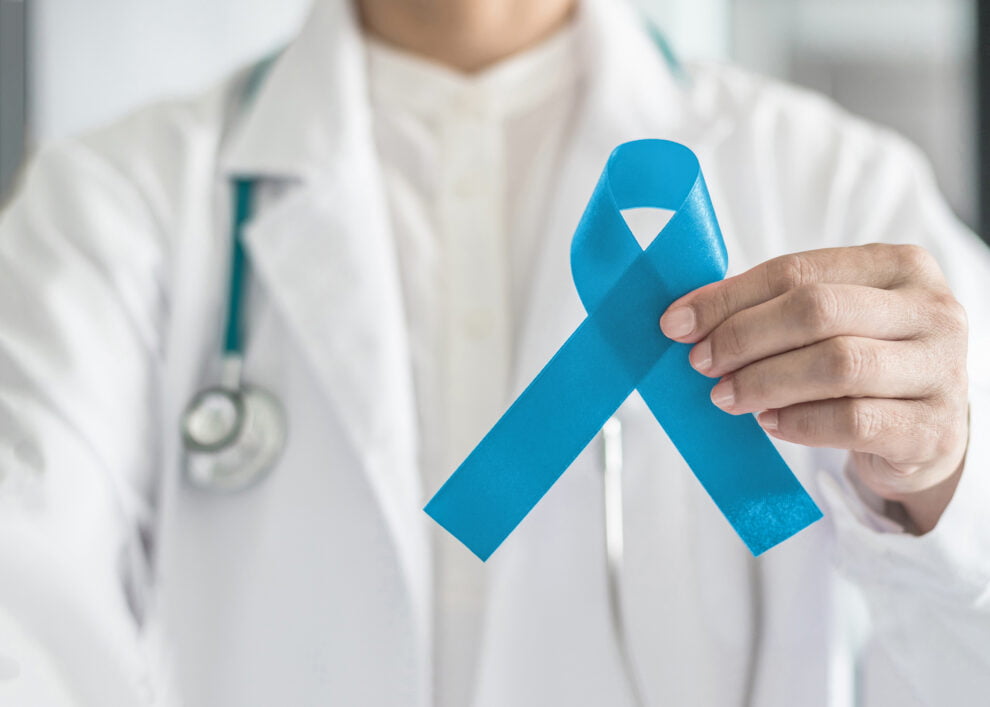Prostate cancer diagnoses in Scotland reached an all-time high in March this year following publicity surrounding the death of BBC broadcaster Bill Turnbull from the disease. Data obtained by charity Prostate Cancer UK reveals that a total of 475 new cases were identified among men in Scotland – a 41% increase compared to March 2019. Diagnoses rates for the disease were badly hit during the pandemic, prompting the charity to launch a nationwide campaign in February last year to “find the 14,000” – the number of men it estimated to be living across the UK with undetected prostate cancer.
Between March 2022 and February 2023, a total of 4,338 men were newly diagnosed in Scotland – an increase of 733, or 20%, compared to the same period from 2019 to 2020. In addition, the charity said the latest figures highlight the legacy of its ambassador, BBC Breakfast presenter Bill Turnbull, who died from prostate cancer a year ago today aged 66. When Mr Turnbull announced his diagnosis in early 2018, within weeks of Stephen Fry sharing his own diagnosis, it led to an unprecedented spike in referrals, which became known as the ‘Fry-Turnbull’ effect.
The figures now show that urological cancer referrals and treatments also surged in the months following the news of his death. A record 25,000 men in the UK were referred in November 2022. Meanwhile, over 61,000 people completed the charity’s online risk checker in the week following Bill’s death – a 2,500% increase on the previous week. The 30-second online risk checker aims to help men understand their risk and decide whether a PSA blood test is right for them.
Trevor Wilson, from Bridge of Weir in Renfrewshire, is among those whose diagnosis came as a complete surprise. The 69-year-old said: “I only went into the doctors about something minor and while I was there the GP did a full ‘MOT’, just to check me over because of my age. “Part of this was the PSA blood test, and after the results showed my levels were high, I had some more tests done. “After the tests were completed I went to see my consultant and he confirmed that I had prostate cancer.
“I must admit that made me feel very scared. I feared for my life.” Mr Wilson got in touch with the Prostate Cancer UK helpline and spoke to one of their specialist nurses, who he credited with helping him to “feel a lot better” during his cancer journey. He added: “I’ve since had my prostate removed, and I’ve come out the other side of it. “I feel so lucky that I got caught in time.” Data released earlier this year shows that 35% of men with prostate cancer in Scotland are diagnosed at stage four, when the disease is too advanced to cure, compared to 12.5% in London.
Early prostate cancer is very treatable, but does not usually have symptoms. There are currently no routine screening programmes in the UK, although the UK Screening Committee is in the process of evaluating six possible options. A study published last week also indicated that MRI scans could be used to detect the disease earlier and more accurately than the PSA blood test, but research is ongoing. The risk of prostate cancer is higher among men over 50, Black men, and those with a family history of the disease. Former Scotland rugby star, Kenny Logan, is backing efforts to raise awareness after his own diagnosis in 2022.
He said: “I was very very lucky to be diagnosed when I was. I had no symptoms, no pain, nothing like that – I had to go looking for it myself. “I’d not long turned 50, and was thinking about my health, so decided to go for a check-up, which thankfully included a PSA blood test for prostate cancer. “The diagnosis itself was a huge shock, but because I was one of those that caught it early, I’ve now had it removed and am more or less back to normal.”
Laura Kerby, chief executive at Prostate Cancer UK, said: “It was important to see a reaction after thousands of men missed out on a diagnosis during the pandemic. “This huge rise in referrals and treatments is testament to the incredible work done by so many to raise awareness and I thank the NHS staff who are treating more patients than ever before.”
Source: THE HERALD











